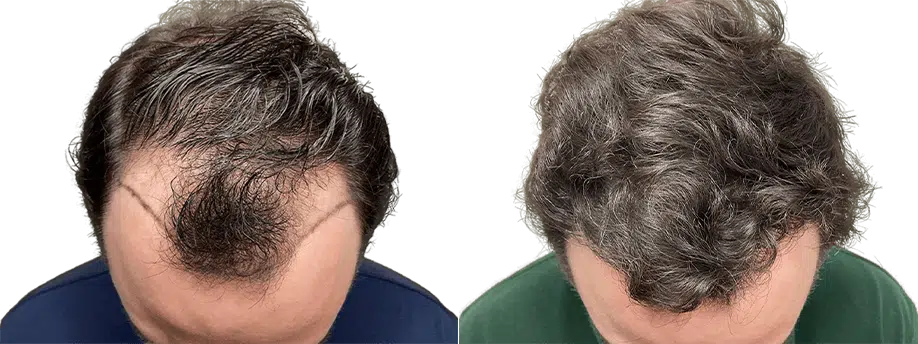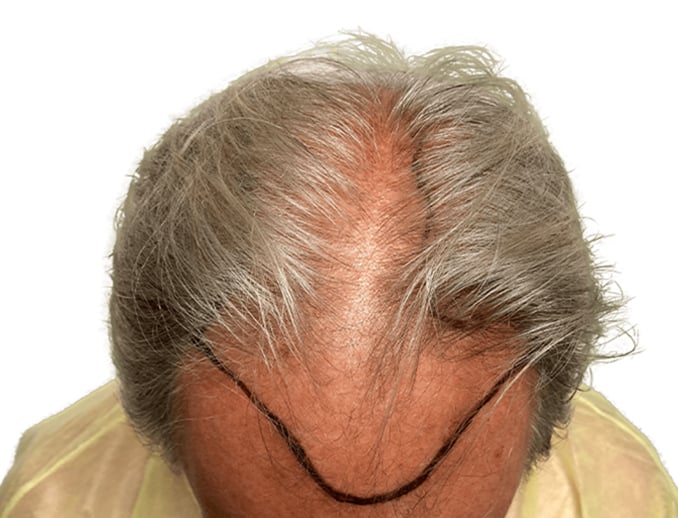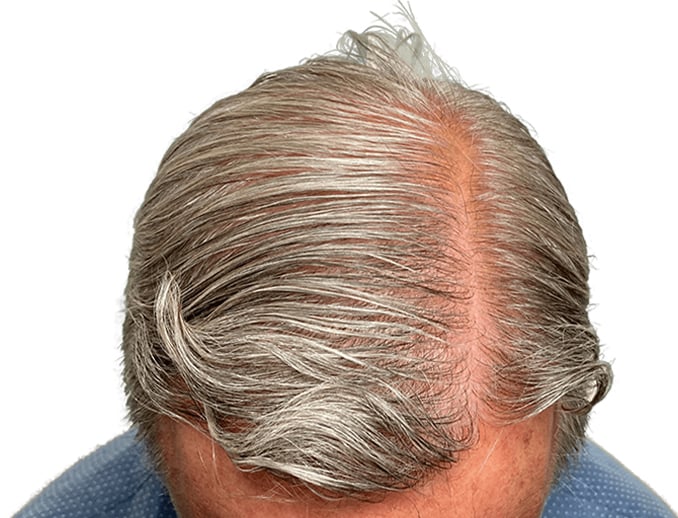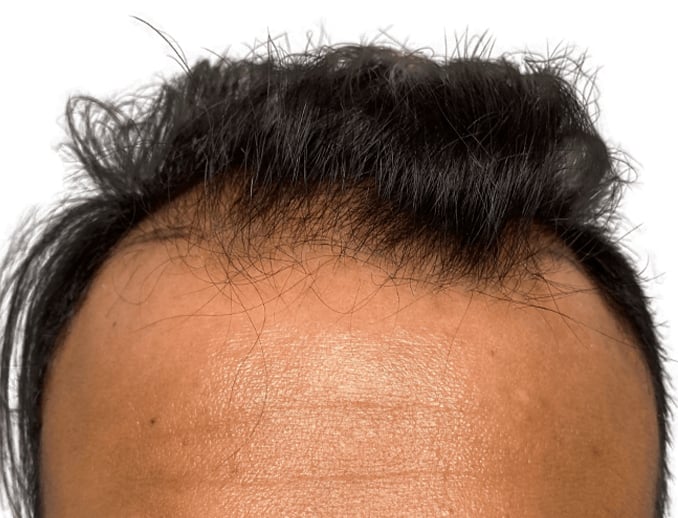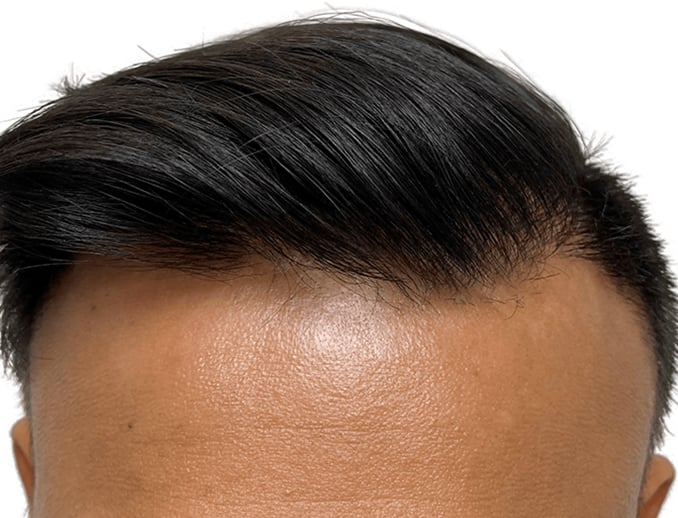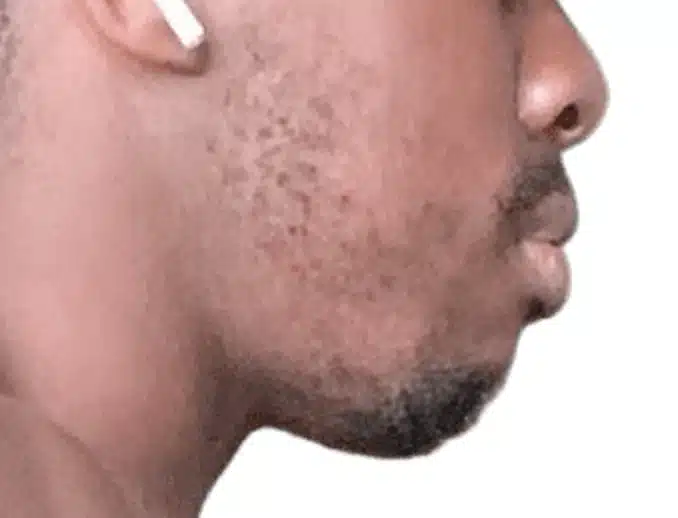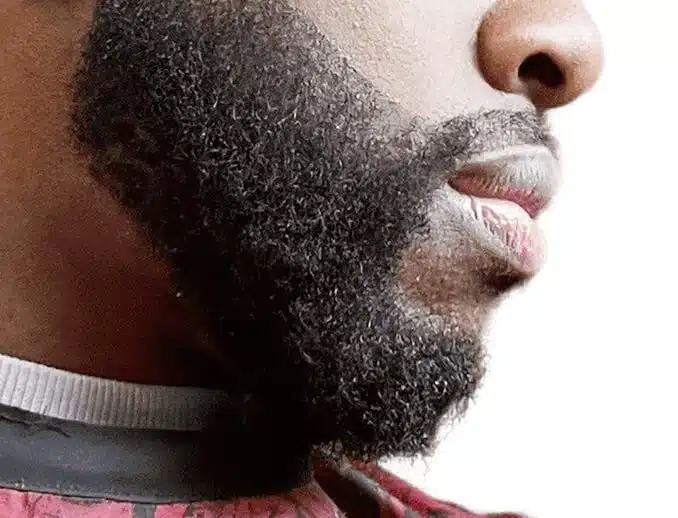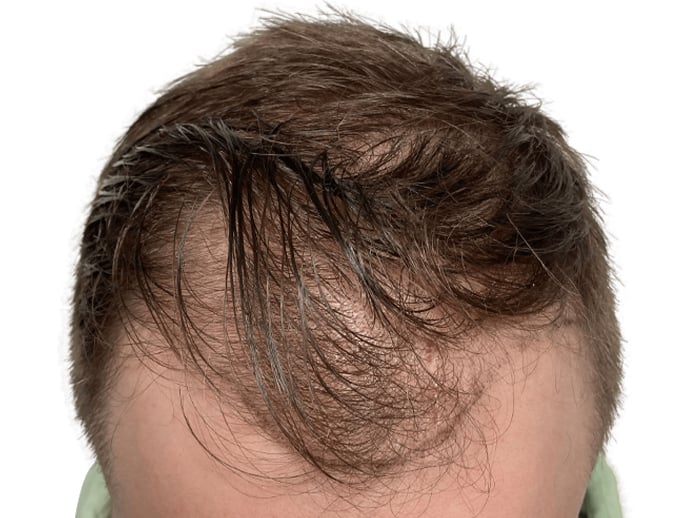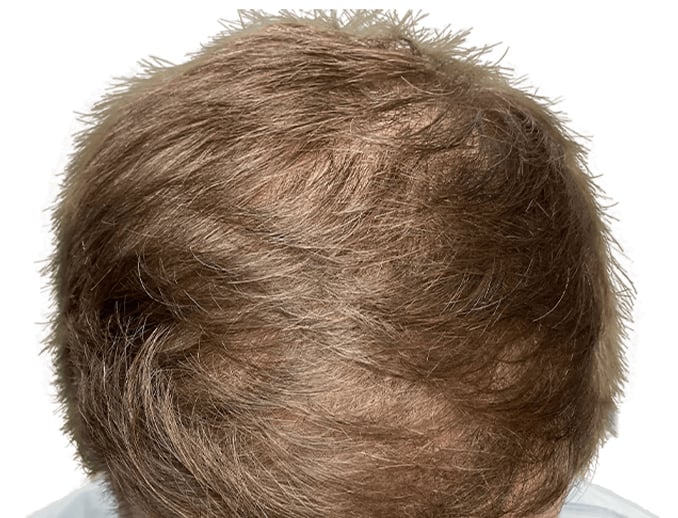Embrace Spartanburg Life with Renewed Confidence
Spartanburg is a dynamic community known for its rich cultural heritage, beautiful parks, and active lifestyle. Whether you're exploring the Cottonwood Trail, attending events at the Chapman Cultural Center, or enjoying family time at Cleveland Park, MAXIM Hair Restoration can help you do it all with confidence and a full head of hair.
Understanding Hair Loss: Common Causes
Hair loss is a multifaceted condition influenced by a variety of factors, and understanding these can significantly aid in managing and treating it effectively. For residents of Spartanburg, several specific elements may contribute to hair thinning and loss:
1. Genetics
The most prevalent cause of hair loss is genetics. Also known as androgenetic alopecia, this condition affects both men and women and is characterized by a predictable pattern of hair thinning. In men, it typically manifests as a receding hairline and balding on the crown. Women may experience a general thinning across the scalp.
2. Climate
The climate in South Carolina, with its hot summers and mild winters, can have a substantial impact on hair health. High temperatures and humidity can lead to excessive sweating and scalp oiliness, potentially clogging hair follicles and contributing to hair loss. Conversely, the dry air in winter can cause the scalp to become dry and flaky, leading to breakage and thinning.
3. Pollution
Spartanburg’s urban areas expose residents to various environmental pollutants, such as dust, smoke, and chemical residues. These pollutants can accumulate on the scalp and hair, causing damage to the hair shaft and follicles, which may result in weakened hair and increased shedding.
4. Diet and Nutrition
Busy lifestyles often lead to unbalanced diets that lack essential nutrients. Vital vitamins and minerals, such as iron, zinc, vitamins A, D, E, and B-complex vitamins, are crucial for maintaining healthy hair growth. Deficiencies in these nutrients can cause hair to become brittle and thin, and in severe cases, lead to significant hair loss.
5. Stress
High levels of stress, whether emotional or physical, can have a profound impact on hair health. Stress can trigger conditions like telogen effluvium, where a large number of hair follicles enter the resting phase, leading to increased hair shedding. Stress can also exacerbate existing conditions such as androgenetic alopecia, accelerating hair loss.
6. Hormonal Changes
Hormonal Imbalances: Hormonal fluctuations, particularly in women, can cause hair loss. Conditions such as pregnancy, menopause, and thyroid disorders can disrupt the normal hair growth cycle, leading to thinning and shedding.
7. Medical Conditions and Treatments
Health Issues and Medications: Certain medical conditions, including autoimmune diseases like alopecia areata, diabetes, and lupus, can lead to hair loss. Additionally, treatments such as chemotherapy for cancer can cause temporary hair loss by damaging hair follicles.
8. Hair Care Practices
Improper Hair Care: Frequent use of harsh chemicals in hair treatments, excessive heat styling, and tight hairstyles that pull on the scalp can cause traction alopecia, a condition where the hair falls out due to stress on the hair follicles.
